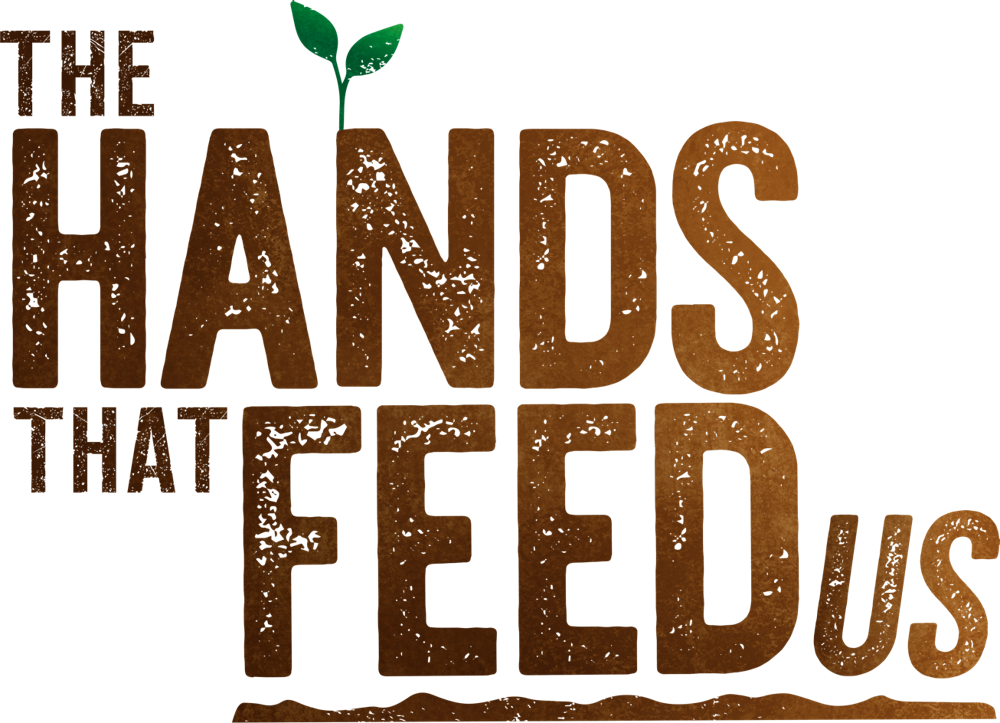The Hands that Feed Us started with a sense of injustice: Farmers can’t make “a living” from farming alone, most need off-farm jobs to pay the bills. That sense of righteousness launched me into my journey with a great deal of momentum, and it has carried me a long way. As I’ve learned more about how farmers live, my thinking about the problem has shifted. I’ve grown. And I’ve realized that focusing on how much money farmers make misses the bigger picture.
Read moreHow feudal are our farmers?
There’s a question that haunts me when I’m lying in bed pondering what The Hands that Feed Us is really about: Are we at risk of reverting to feudalism?
My fear is that we will end up in a situation where land is owned by large, absent land-holders who demand a tax from the farmers who actually live and work on the land. Roughly speaking, this feels like feudalism, where land was divided into fiefdoms owned by lords who were supported by their vassals — the people who actually worked the land.
Read moreCapitalism doesn’t invest in farms is because capitalism for farming is broken
If farming worked the way ordinary businesses work, starting a farm would be a matter of making a business plan, approaching a bank or an investor, and coming to an arrangement about how ownership and profits are split between the farmer and the financial backers. This is the general way that we imagine businesses are supposed to work, and it’s the way of capitalism. An enterprising young farmer with no money (capital) partners with a backer (a capitalist); the farmer invests time and labour, the capitalist invests money, and if all goes well, both farmer and capitalist split the profits.
read more…
